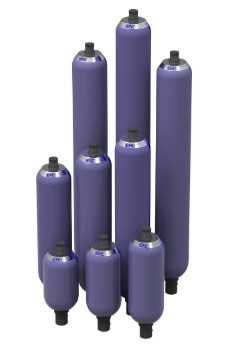
Product Name: Epe Italiana B10EP360G1RP Accumulator Safety Block
Brand: Epe Italiana
Product Code: Epe Italiana B10EP360G1RP BLOCCO DI SICUREZZA ACCUMULATORE
Tags: Epe Italiana
Safety
Accumulator Block
B10EP360G1RP Accumulator Safety Block
Italiana Safety
Epe Italiana Accumulator Safety
B10EP360G1RP Accumulator Block
B10EP360G1RP Safety Block
B10EP360G1RP Accumulator Safety
Epe Safety
Epe Accumulator Safety Block
Italiana B10EP360G1RP Accumulator
Epe Italiana B10EP360G1RP Block
Epe Italiana B10EP360G1RP Accumulator Block
Italiana B10EP360G1RP Accumulator Safety Block
Italiana B10EP360G1RP Accumulator Safety
B10EP360G1RP
Epe Accumulator Safety
Epe Italiana B10EP360G1RP Safety Block
Artikel: B10EP360G1RP
Epe Italiana B10EP360G1RP BLOCCO DI SICUREZZA ACCUMULATORE
Are you interested in the product Epe Italiana B10EP360G1RP Accumulator Safety Block from manufacturer Epe Italiana with code Epe Italiana B10EP360G1RP BLOCCO DI SICUREZZA ACCUMULATORE? Contact us now and get offer. Imtek Engineering, the fastest and most reliable industrial equipment supplier in the world, will offer you the best offer!
Get Offer With E-Mail: info@im-tek.com
Get a offer for Epe Italiana B10EP360G1RP Accumulator Safety Block from our live support team now!
The precharge pressure P - In most cases the values 0 recomended in Gas Precharge Pressure - page-3 are valid although, as the pressure and, above all, the velocity of the yield required increase, there is the danger that in each cycle the bladder will knock against the poppet valve. In these cases it is possible to use P = 0.8 to 0.7 P . 0 1 The P /P ratio - Any increase in this, will increase the 2 0 stress the bladder is subjected to in each cycle. The maximum operating pressure P - Any increase in 2 this will subject the bladder to greater stress. Flow rate - Flow rate does not affect bladder working life if values given in Table.2 are not exceeded. When approaching the maximum values, make sure there remains a residual volume of liquid > 10% of the volume V0 in the accumulator, in both loading & unloading conditions. The frequency or number of cycles per day. Installation - The vertical position with gas valve on top is the recommended arrangement. When the position is horizontal the bladder tends to rest and rub against the accumulator body. This could result in quicker wear. The operating temperature - This is one of the factors which most affects the life of the bladder: at very low temperatures the bladder tends to become brittle; as the temperature rises, reaching, or going beyond the limits for the elastomer, the stress the bladder is subjected to increases exponentially, which can lead to fracturing within a short time. It should be remembered that the temperature in the accumulator is in many cases higher than the one of the system, and that it rises with each increase of P , of P /P , 2 2 1 and with the volume of the accumulator (in other words, larger the accumulator, lesser is the capacity to dissipate heat)